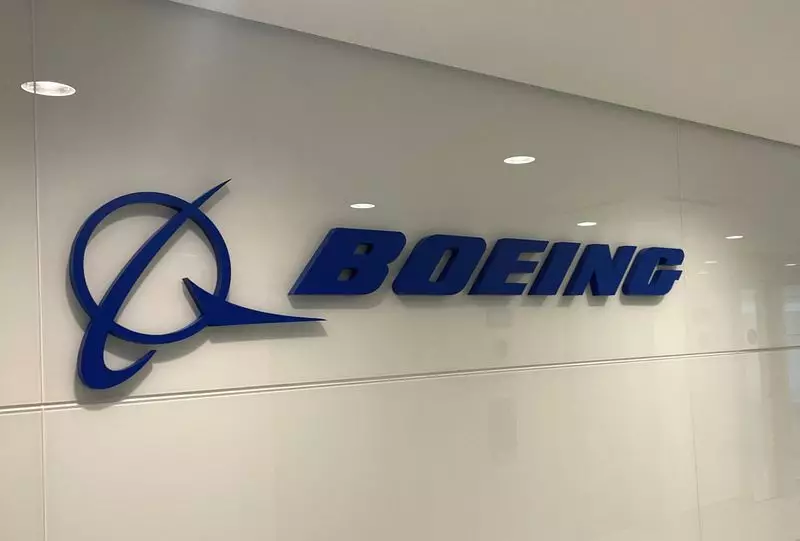In a notable demonstration of corporate support for political functions, Boeing has announced its decision to contribute $1 million to the upcoming inauguration of President-elect Donald Trump. This donation aligns with a broader trend among major U.S. corporations, including household names like General Motors and Microsoft, which have also committed similar financial resources to the January 20 event. This article explores the implications of such donations, the interplay of corporate interests in political affairs, and the ongoing challenges faced by Boeing in the aviation sector.
The Broader Corporate Landscape
Boeing’s donation is emblematic of a longstanding practice in which large corporations embed themselves in the political framework of the country. By financing events like presidential inaugurations, these companies aim to cultivate favorable relationships with government officials and influence policy outcomes that could impact their bottom lines. Notably, Boeing’s history of supporting inaugurations dates back several administrations, with the company having donated $1 million to the previous three presidential inaugurations, including Trump’s first in 2017.
The inclusion of American Airlines in the list of corporate benefactors reveals a pattern wherein significant players in the aviation industry seek to align themselves with political figures who wield considerable influence over regulatory bodies like the Federal Aviation Administration (FAA). This strategic alignment could be perceived as essential in navigating the complex landscape of government regulations and ensuring that corporate interests are adequately represented.
Boeing’s Unique Challenges
Despite the façade of financial strength suggested by its substantial donations, Boeing finds itself in a precarious position. The company has faced significant difficulties regarding the delayed delivery of new Air Force One aircraft, having committed to keep the costs below $4 billion amid rising financial pressures. The complications of this project reflect broader operational shortcomings and have resulted in substantial financial losses—exceeding $2 billion to date. Such struggles highlight how the pressures of political compliance can clash with operational realities, breeding a volatile environment for corporate giants.
Moreover, Boeing’s affiliation with the aviation sector comes with an enhanced level of scrutiny following a series of safety incidents, including a recent incident involving the dislodgment of a door panel from an Alaska Airlines 737 MAX 9. This incident has prompted the FAA to implement further audits to assess Boeing’s compliance with safety regulations, emphasizing the ongoing reputational risks associated with regulatory oversight and operational integrity in aviation.
As Boeing and similar corporations engage in political sponsorship through financial contributions, they find themselves at the intersection of corporate governance, regulatory responsibility, and political influence. The implications of such donations extend beyond mere financial support; they shape the narrative of corporate responsibility and the ethical implications of intertwining business interests with political engagement. In a climate where public scrutiny of corporate practices is intensifying, understanding the motivations and consequences of these actions becomes crucial—not only for companies like Boeing but for the entire corporate sector. The interplay between financial contributions and regulatory compliance remains a delicate balance, one that will undoubtedly evolve as these relationships develop further in the context of governance and public accountability.

